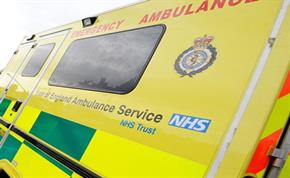
March is ovarian and prostate cancer awareness month, so we thought we’d share some information to hopefully help to answer any questions you might have on these particular forms of cancer.
Ovarian
Ovarian cancer is not exclusive to one specific age group, though women over the age of 45 are at higher risk, as are those who have not had children.
Women who have experienced any of the following may have an increased risk of ovarian cancer:
The National Institute for Health and Care Excellence (NICE) recommends that you visit your GP if you have any of these symptoms on at least 12 days per month, or if they last for a month or more:
Other symptoms may include:
Prostate
Cancer of the prostate is often slow-growing and symptoms may not occur for many years. Men with early prostate cancer may not have any symptoms, as these only occur when the cancer is large enough to put pressure on the urethra. The prostate can also become enlarged due to a condition called benign prostatic hyperplasia (BPH), which is non-cancerous.
The symptoms of benign (non-cancerous) enlargement of the prostate and prostate cancer are similar. They can include any of the following:
If you have any of these symptoms, it’s important to have them checked by your doctor.
For a small number of men, the first symptom of prostate cancer may be pain in the back, hips or legs. This is because prostate cancer can sometimes spread to the bones. Although there are many other reasons for this kind of pain, it’s a good idea to let your GP know about any pain you haven’t experienced before.
If you are at all worried please make an appointment to see your GP. You can also phone Macmillan cancer support specialists free on 0808 808 00 00 Monday to Friday, 9am-8pm.
Alternatively, if you would like a confidential chat you can call EEAST’s health and wellbeing hub on 01234 243092 or email wellbeing@eastamb.nhs.uk.
Published 13th March, 2017